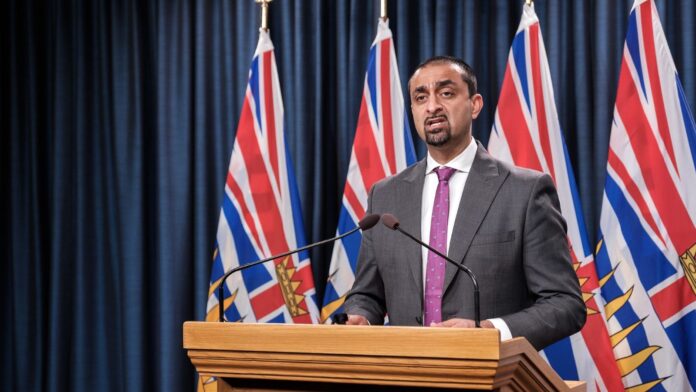The Union of B.C. Municipalities is welcoming changes to provincial borrowing rules that regulate how much money municipalities can borrow without holding a public vote.
Housing and Municipal Affairs Minister Ravi Kahlon announced Tuesday that municipalities can now borrow up to 10 per cent of their annual revenue without elector approval — doubled from the previous threshold of five per cent.
Municipalities can also borrow up to $150 per capita, up from $50, when the term of the borrowing is less than five years.
The ministry said in a statement the changes account for decades of inflation.
“Municipalities told us that outdated borrowing thresholds were slowing down their ability to deliver the infrastructure people count on,” Kahlon said in a news release.
He said the amendments will give municipalities more flexibility to plan and finance infrastructure projects.
“We are pleased to see these changes implemented in response to requests from B.C. local governments,” Union of B.C. Municipalities president Trish Mandewo said in a statement released by the province. “The amendments will help some local governments manage essential infrastructure more efficiently.”
The amendments apply to all 161 municipalities in British Columbia, except the City of Vancouver, which has different regulations related to short- and long-term borrowing.
“These regulatory changes are a timely and practical response to the challenges fast-growing communities like Nanaimo are facing,” Nanaimo Mayor Leonard Krog said in a statement.
Prince Rupert Mayor Herb Pond said his community and many others in B.C. are in dire need of infrastructure replacement.
“These changes will help us to better mobilize in times of need,” Pond said.
Something going on in the Prince George area you think people should know about?
Send us a news tip by emailing [email protected].







